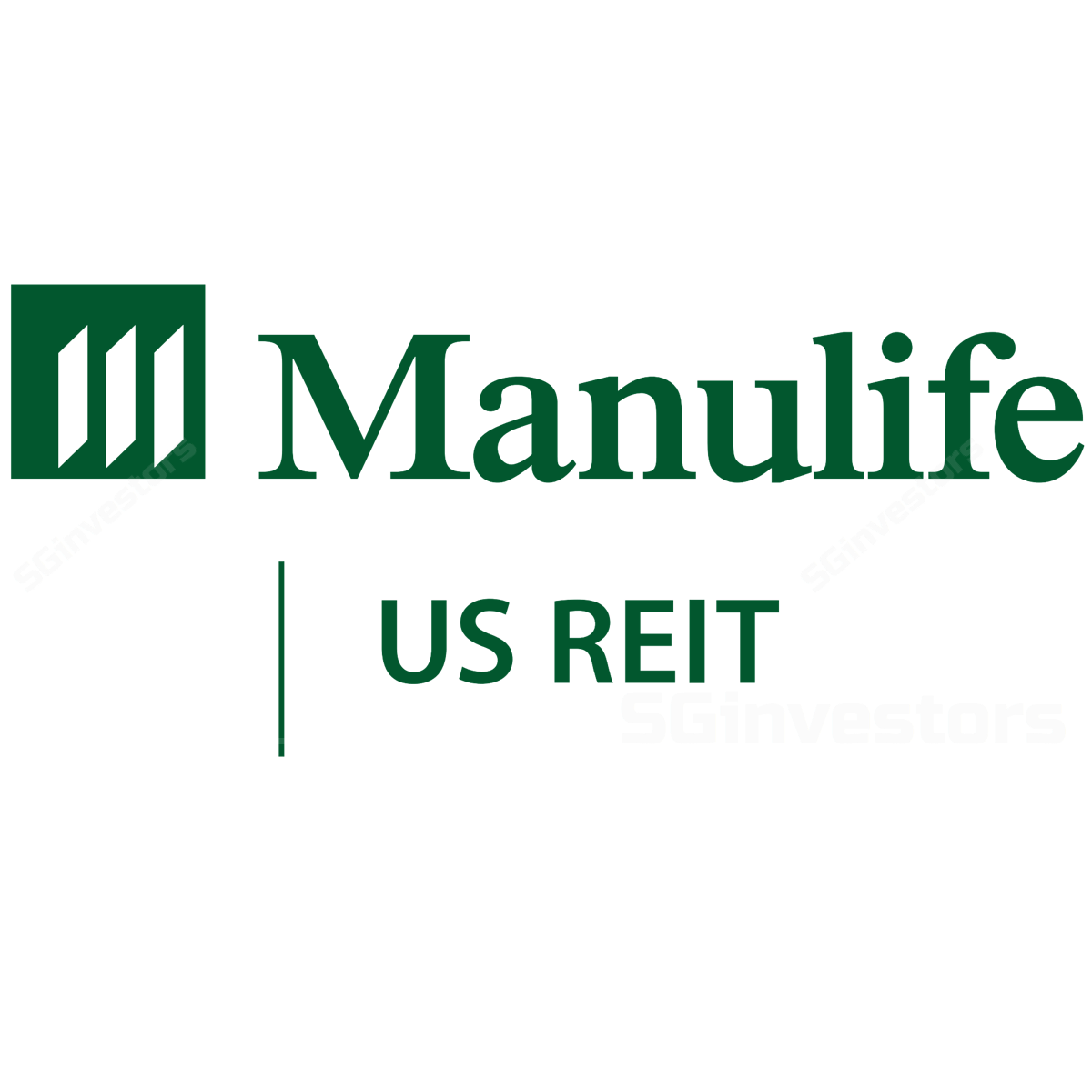 MANULIFE US REIT (SGX:BTOU)
MANULIFE US REIT (SGX:BTOU)
Manulife US Real Estate Inv - Wild Stabs In The Dark
- Market speculation of a potential 30% cut in DPU due to changes in US tax regulations.
- Based on Manulife US REIT’s reading, its structure in place since early this year is in compliance with the new tax laws.
- Still awaiting clarification from tax authorities but potential cut to DPU is only 15% in the worst case with measures to mitigate an unfavourable ruling.
- Maintain BUY, Target Price of US$0.97.
What’s New
Market speculation on unfavourable ruling by US tax authorities
- It was highlighted in the media of the risk of an unfavourable tax ruling on the back of US tax reforms late last year, in particular Section 267A, resulting in a potential 30% cut in Manulife US REIT’s DPU.
- The fears over the cut in DPU arises from the US tax authorities potentially ruling that its Barbados entity which is used to repatriate cash from the US to Singapore is deemed as a “hybrid entity”.
- While we are not tax experts, under the new US tax laws, we understand that should there be a hybrid entity within a tax structure that conducts a transaction, the REIT is unable to claim an interest tax deduction. In the case of Manulife US REIT, this will prevent the US Parent REIT which holds Manulife US REIT’s properties from claiming a tax deduction on interest expenses arising from the Singapore Financing SPV that provided a shareholder loan to the US Parent REIT.
- In addition, there were fears that a negative tax ruling would be applied retrospectively.
What is a hybrid entity? A new tax structure already in place to mitigate tax risk
- We understand an entity is deemed to be a hybrid entity, if an entity is
- classified differently in the US and another jurisdiction, and
- due to the differences in classification, no tax is paid in either US or the foreign jurisdiction.
- To mitigate against the risk that the Singapore Financing SPV (receiving cash from US Parent REIT in the form of interest on shareholder loan) is being deemed a hybrid entity, a decision was made by Manulife US REIT to stream this cashflow via Barbados entities earlier this year.
- Under Barbados tax laws, the entities formed by Manulife US REIT are subject to tax ranging from
- 2.5% on income received up to US$5m,
- 2.0% on income received in excess of US$5m up to US$10m
- 1.5% on income received in excess of US$10m up to US$15m
- 0.25% on income received in excess of US$15m
- Thus, by using the Barbados entity which pays corporate tax, it avoids one of the criteria for being deemed a hybrid entity, namely no tax being paid.
- Furthermore, as the Barbados entities are
- currently treated as a Barbados limited partnership and a partnership for Barbados tax purposes, and
- based on legal and tax advice,
- Do note when cash is repatriated back to Singapore from Barbados, we understand no withholding taxes are payable.
Areas of potential risk for the Barbados entity classification
- As the US tax authorities have not provided any rulings or guidance on the validity of the use of Barbados entities since the start of the year and there is no clarity on timing on when this may happen, this creates some degree of uncertainty and regulatory/tax risk for Manulife US REIT.
- However, we believe the following are potential areas which may cause the US tax authorities to rule that the Barbados entities are hybrid entities:
- The US tax authorities may decide that Barbados entities are not partnerships under the US tax code
- While the Barbados entities pay tax, the tax paid is too low
- The US authorities may look at MUST’s tax structure in its entirety or on a look through basis and ignore the Barbados entities and focus on the Singapore Financing SPV.
Financial impact on potential negative ruling
- Based on Manulife US REIT’s estimates, in the worst-case scenario, if it is unable to claim tax deduction on interest on shareholder loans at the US Parent entity level, and income needs to be streamed back to Singapore for dividends where 30% withholding tax is applied, the impact on DPU would be approximately 15%.
- This is smaller than the 30% withholding tax as even if the US Parent REIT is not able to claim a tax deduction on interest on shareholder loans, it is able to gain a tax shield from the depreciation of its properties.
- We understand one way of potentially mitigating the loss of interest tax deductibility is to
- increase the depreciation rate either via accelerated depreciation, or
- increasing the book value of its buildings.
- Furthermore, we understand that in the event of a negative ruling occurring, Manulife US REIT would explore other potential structures and other jurisdictions that may reduce its effective tax rate.
- While Manulife US REIT has contingency plans, it is still unclear what is the exact ruling of the US tax authorities, and thus it is difficult to make a determination on the effective tax rate going forward and whether it would rise from current 1%.
Mervin SONG CFA
DBS Group Research
|
Derek TAN
DBS Research
|
https://www.dbsvickers.com/
2018-11-01
SGX Stock
Analyst Report
0.970
SAME
0.970

